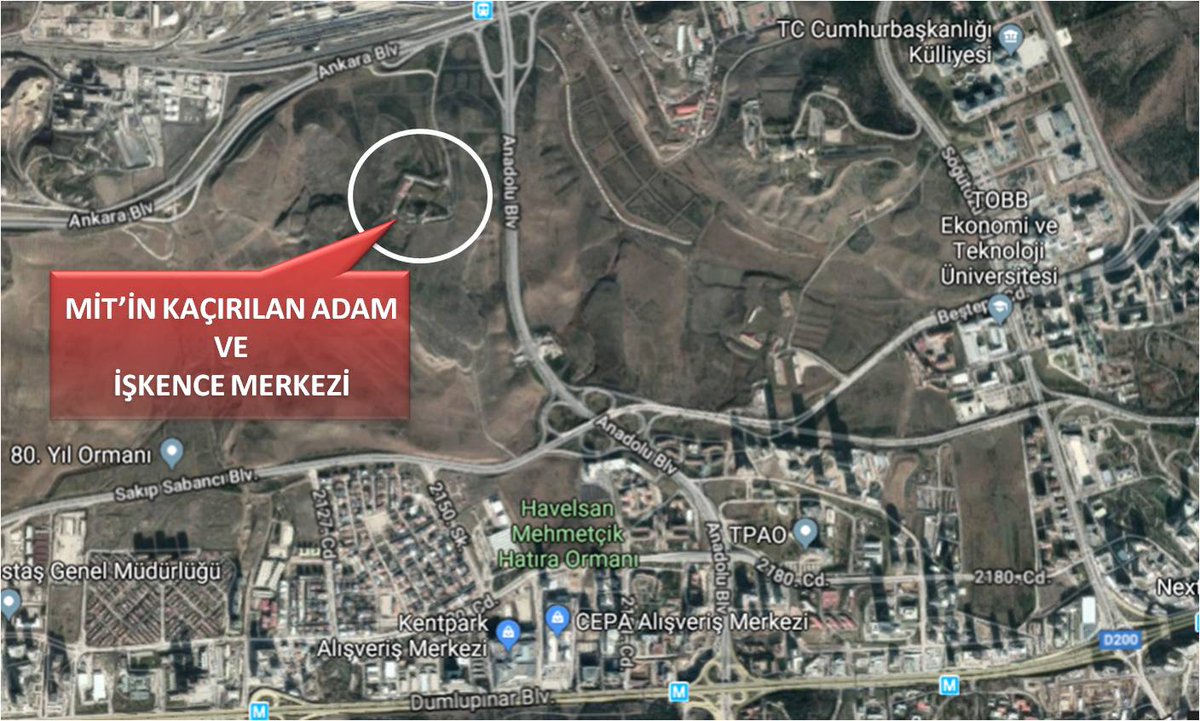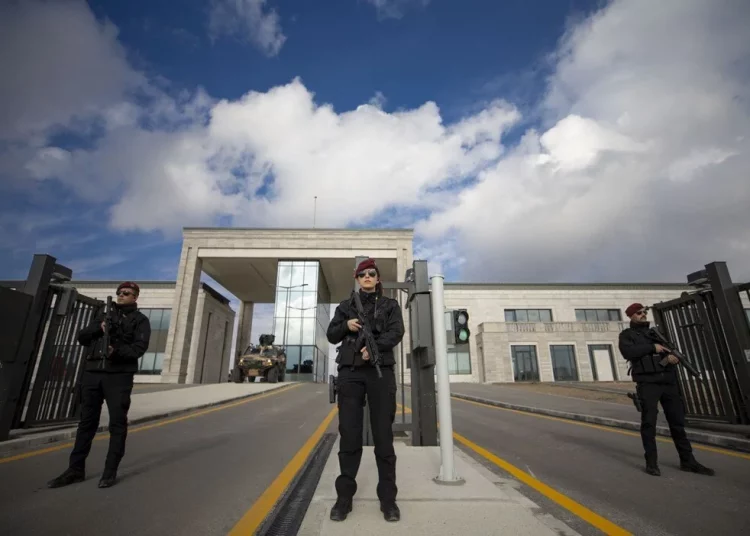Levent Kenez/Stockholm
A media bill harshly criticized by legal experts and journalists for bringing new censorship to the media will soon be passed in the Turkish parliament after it was approved by the parliamentary Justice Committee. As details of the new regulation emerge, it becomes clear that the legislation includes some censorship clauses and protections in favor of the Turkish intelligence agency (MİT).
If there is a reasonable suspicion that documents belonging to MİT are used in publications, MİT will be able to take action to block the content, and journalists who are thought to have these documents will face criminal prosecution. According to the draft bill, MİT documents cannot be used in the news regardless of whether the news is true or false.

The Information and Communication Technologies Authority (BTK), upon the application of MİT, will decide to block the access of stories without the need for a court decision. In addition, whether to block the site or the news link is left to the discretion of the BTK. In other words, if there is a violation of the law in a Facebook post, access to the entire Facebook site from Turkey can be blocked.
The bill stipulates that grounds for arrest are deemed to exist for suspects accused of producing criminal content regarding the activities and personnel of MİT. The content is not defined. The distinction between the commission of the crime in Turkey and abroad has been removed in order to more effectively combat offenses that require arrest.
Considering that MİT has become very powerful thanks to President Recep Tayyip Erdoğan in recent years, it seems unlikely that a request from the agency will be rejected by any state institution.
Two different parliamentary committees have held meetings so far to discuss the new bill. Opposition deputies stated in the meetings that the current MİT law already provides sufficient amendments for the protection of the institution, personnel and confidential documents, and said the government is trying to enforce censorship through MİT. They also added that the new laws will cause journalists to avoid reporting on MİT and that the public’s right to information will be hindered.
MİT has recently come to the fore with many human rights violations. MİT is accused of engaging in the systematic practice of state-sponsored extraterritorial abductions and forcible returns to Turkey, with at least 100 Turkish nationals removed to Turkey from multiple states that are dependent on Ankara for financial, political, or humanitarian support including Afghanistan, Albania, Azerbaijan, Afghanistan, Cambodia, Gabon, Kosovo, Kazakhstan, Lebanon and Pakistan. Some victims of forcible return have said they were subjected to torture in unknown locations for months.
In 2018 Cevheri Güven, a Turkish journalist living in exile, released video footage about a specially equipped building called “Çiftlik” (farm) in Ankara to which people who were abducted by MİT were taken.

In September 2020 an İstanbul court sentenced five journalists to various punishments on charges of disclosing information related to national security and disclosing documents pertaining to intelligence operations. The journalists published reports and tweeted about the secretly held funeral of a MİT agent killed during a mission in Libya.
MİT officials told a parliamentary inquiry committee in 2013 that the agency closely monitors social media.
Nordic Monitor previously reported that President Erdoğan’s government plans to increase its control over news websites and social media with new legislation. While a draft bill submitted to parliament states that it is aimed at combatting disinformation, the opposition is worried that the Erdoğan-controlled courts will decide what is disinformation and what is fake news.
With the new articles being added to the Turkish Penal Code, the crime of “publicly disseminating misleading information” is defined for the first time. A person who spreads disinformation is defined as “a person who publicly disseminates false information about the internal and external security, public order and general health of the country, in a way that is suitable for disturbing the public peace, with the sole aim of creating anxiety, fear or panic among the public. Those who commit this crime will be sentenced to imprisonment of between one and three years. If the accused hides it or commits it within the framework of terrorist organization activity, the penalty will be increased by half.”












